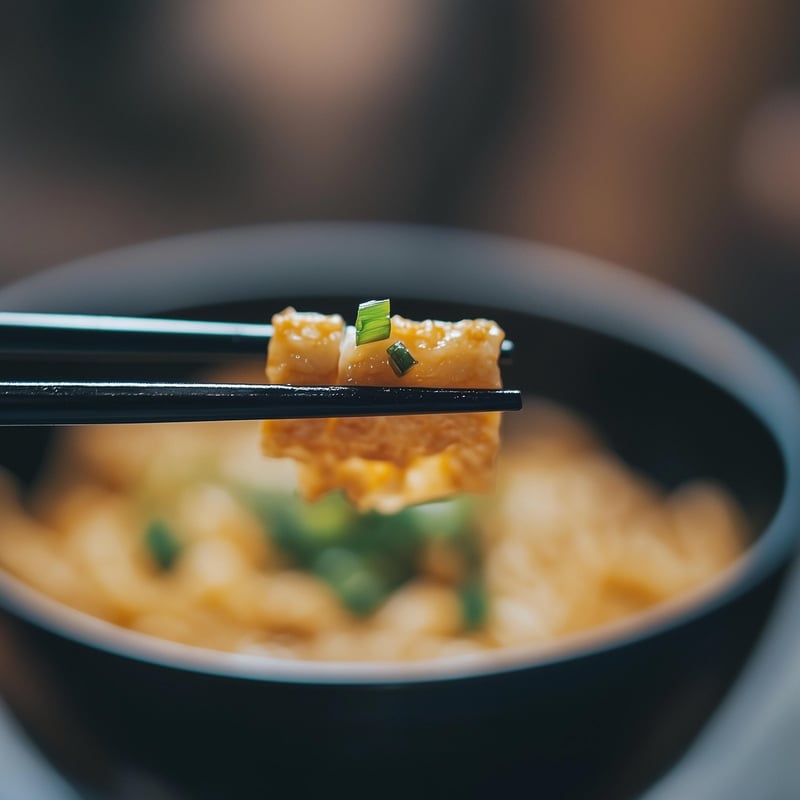Cultural Cuisine
The Intersection of Food and Culture: Exploring Cultural Cuisine
Food is an integral part of every culture, reflecting traditions, values, and history. The culinary heritage of a region tells a story of its people, their interactions, and their environment. Exploring cultural cuisine provides a fascinating journey into the heart of a community.
Why is Cultural Cuisine Important?
Cultural cuisine not only satisfies our taste buds but also serves as a bridge to connect with different societies. It offers a glimpse into the unique customs, rituals, and beliefs of a particular group. Through food, we can appreciate diversity and celebrate the richness of human experience.
Exploring Global Flavors
Each country boasts a distinctive culinary identity shaped by history, geography, and social norms. From the spicy curries of India to the delicate sushi of Japan, the world's cuisines offer a vast array of flavors and techniques. By sampling these dishes, we embark on a culinary world tour without leaving our dining table.
Traditional vs. Fusion Cuisine
While traditional dishes preserve the authenticity and heritage of a culture, fusion cuisine blends different culinary traditions to create innovative and exciting flavors. The fusion of food cultures represents the evolving nature of society and the constant exchange of ideas and ingredients.
The Joy of Cooking
Preparing cultural dishes at home can be a rewarding experience. It allows us to engage with a culture on a more intimate level, understanding the significance of each ingredient and cooking method. Trying out new recipes can be a fun way to experiment with flavors and expand our culinary horizons.
Embracing Diversity Through Food
Food has the power to bring people together, transcending language and cultural barriers. Sharing a meal with others fosters a sense of community and promotes understanding and acceptance. By embracing diverse cuisines, we demonstrate our openness to learning about and appreciating different ways of life.
Conclusion
Exploring cultural cuisine is not just about food; it's about discovering the essence of a community, its history, and its values. By savoring the flavors of different cultures, we embark on a journey of understanding and respect. So, next time you sit down for a meal, remember that you're not just eating; you're experiencing a piece of someone else's world.



For more information on cultural cuisine, visit Cultural Cuisine.
